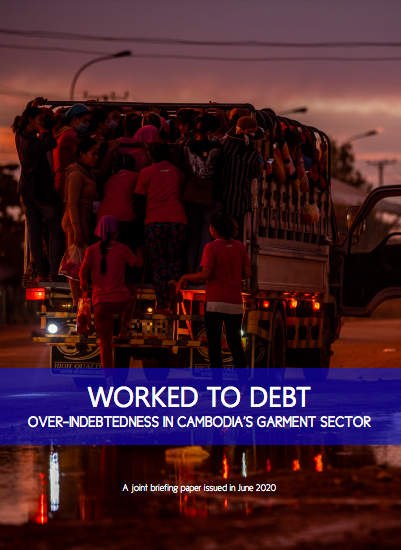Thailand Bound: An Exploration of Labor Migration Infrastructures in Cambodia, Myanmar, and Lao PDR
PublicationsThe risks to migrant workers using informal and unregulated labour migration channels are well documented: forced labour, including labour trafficking; debt bondage primarily due to high recruitment fees; child labour; excessive work hours; underpay...Read More

